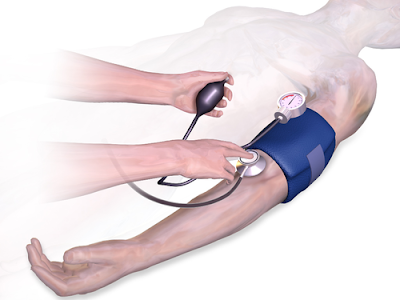Alzheimer's Ginkgo Biloba Quick Cure Or Quack Science
Ginkgo Biloba has been hailed as a cure for early stage Alzheimer's disease. In October of 1997, the Journal of the American Medical Association reported in its October 22 issues that 27% of Alzheimer patients from a sample of 300 patients showed improvements in their mental function after taking the Ginkgo extract for six months, compared to only 14% who were placed on placebo.
The National Center for Complementary and Alternative Medicine (NCCAM)
has been conducting clinical trial of ginkgo biloba. The latest trial involves more than 3,000 volunteers with the aim to see if the herb can prevent the onset of dementia and specifically whether this herb can be used in the treatment of Alzheimer's disease.
In 1999, the National Institutes of Health (NIH) in Bethesda, Maryland, started a $15 million multi center study to determine if treatment with ginkgo either prevents or delays the onset of Alzheimer's in older people at risk of the disease. The six-year involved 2,000 people recruited at four locations around the country.
The ginkgo is actually a tree found in Korea, China and Japan. The tree is found in parks and along the city sidewalks. The Ginkgo Tree may grow as high as 40 meters and live for more than 1,000 years. Its unique fan-shaped leaves with two lobes make it one of the easiest trees to identify because of the unusual leaf shape.
Fossils of the tree have been found that are over 250 million years old. In Traditional Chinese Medicine the seeds rather than the leaves are used for various medicinal purposes. The extract is used for asthmatic problems and to moisturize dry lungs.
According to traditional Chinese medicine, decreasing mental power that is a symptom of Alzheimer's disease is caused by a deficiency in the kidneys. Ginkgo biloba helps to regulate the flow of blood and vital energies in the body that improve kidney functions, thereby improving mental power as well.
The Chinese also used additional drugs to treat memory loss such as Eucommia and the Alpinia fruit. The seeds of the Ginkgo tree are believed to inhibit certain bacteria and fungal infections. In large doses these seeds are thought to have some toxic effect.
Dozens of investigations and clinical trials have been conducted on this herb with the majority of studies involving subjects with mild to moderate mental impairment. The majority of subjects usually have a diagnosis of early Alzheimer's disease. Most of the experiments that show evidence of cognitive enhancement in Alzheimer's patients have used a standardized ginkgo extract known as EGb 761.
Officials in Germany recently approved the extract for treating dementia. In the U.S. the National Institute on Aging has also supported clinical trials to evaluate the efficacy of ginkgo in treating the symptoms of Alzheimer's disease.
The evidence from all studies seems to be inconclusive. Even though U.S. manufacturers of over-the-counter ginkgo supplements continue to make claims that the herb "helps memory" or "improves concentration." The research conclusions do not support these claims.
The NIH, NCCAM and other research have not provided the final word on a positive link between ginkgo and dementia. Clinical trials are complex and a difficult way to settle a medical controversy involving an herbal supplement like ginkgo biloba.
For more information on alzheimers statistics, treatment, caregiving, and support resources, please visit http://www.alzheimersdiseasetips.com for helpful tips. Be sure to read the article on alzheimers disease early symptom detection.
Article Source: http://EzineArticles.com/?expert=Linda_J_Bruton
http://EzineArticles.com/?Alzheimers-Ginkgo-Biloba-Quick-Cure-Or-Quack-Science&id=454379


Comments